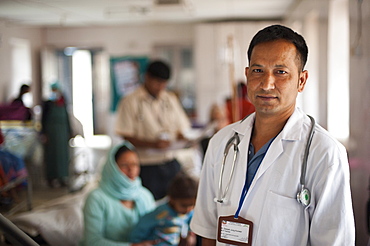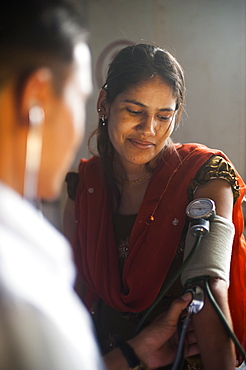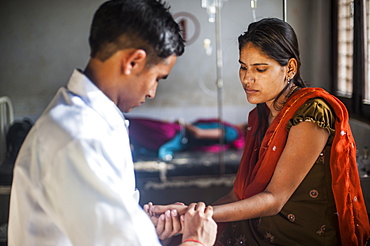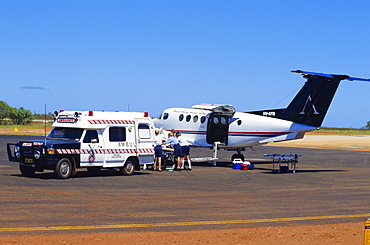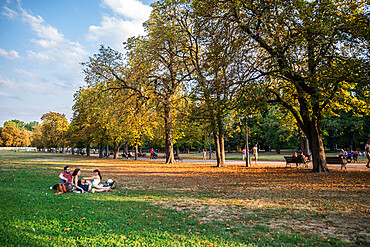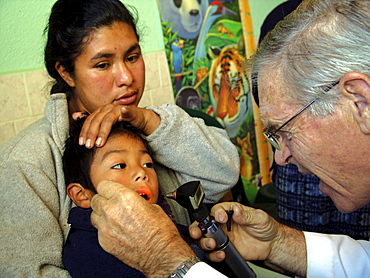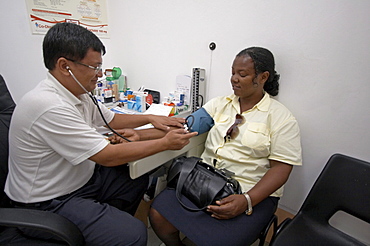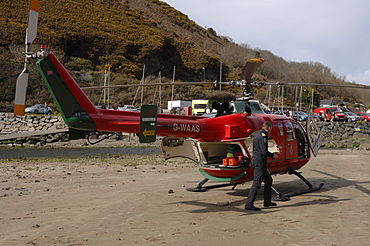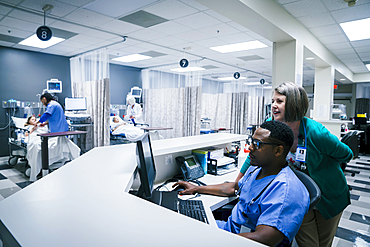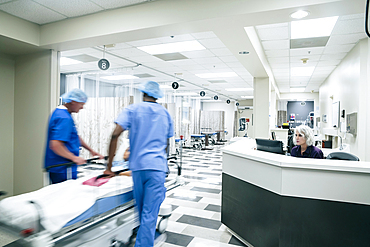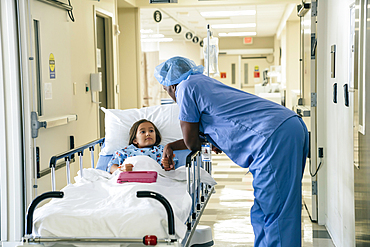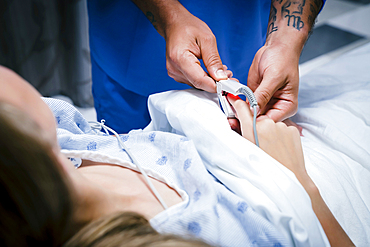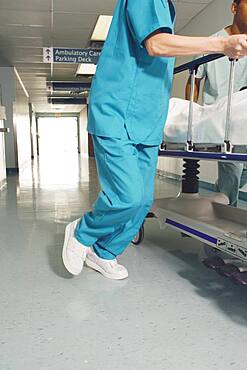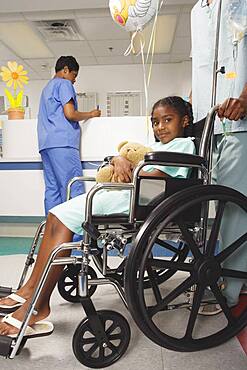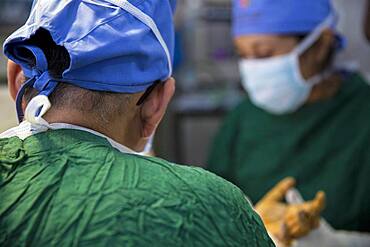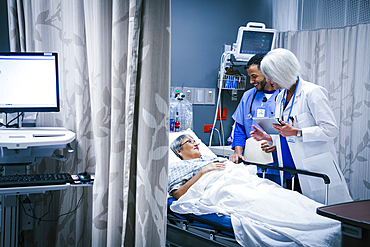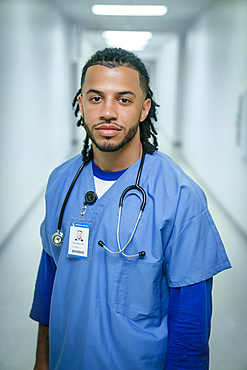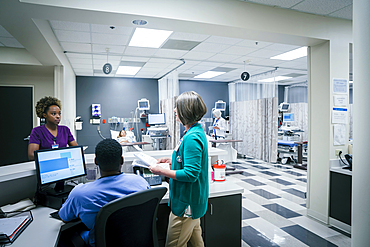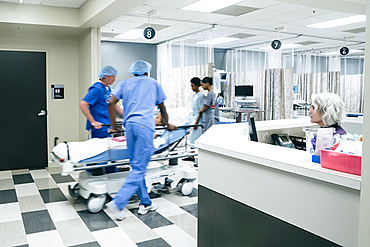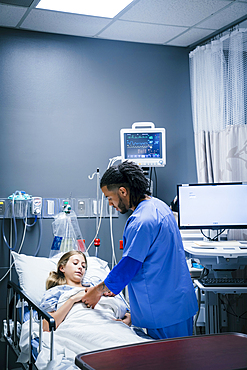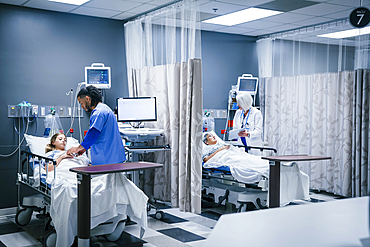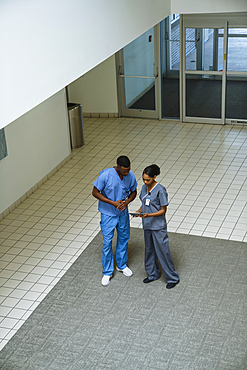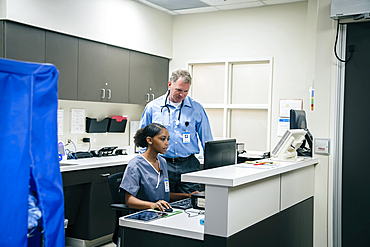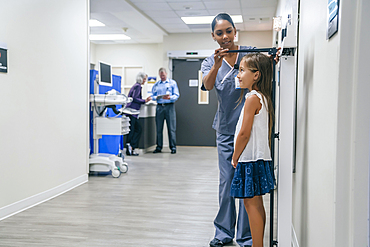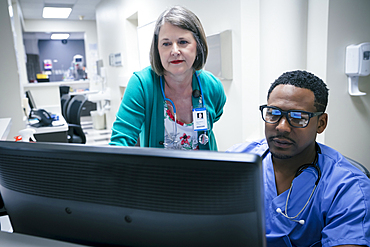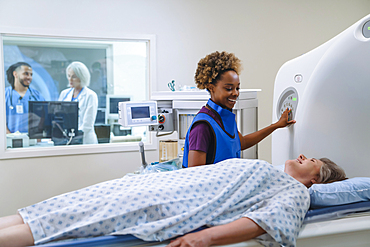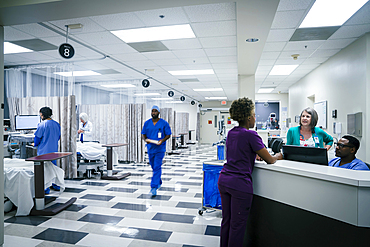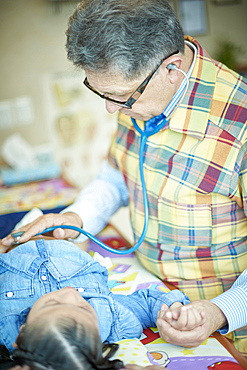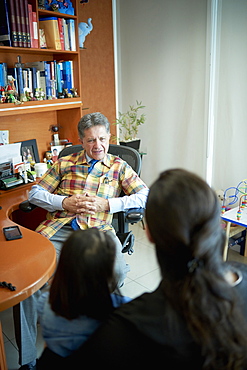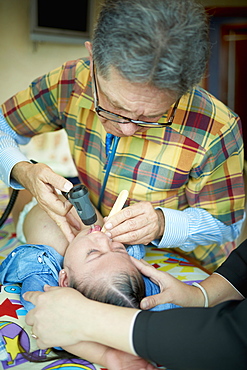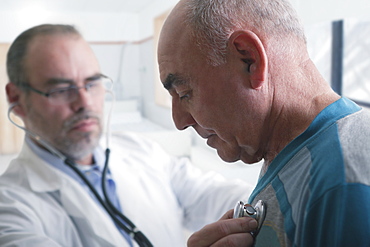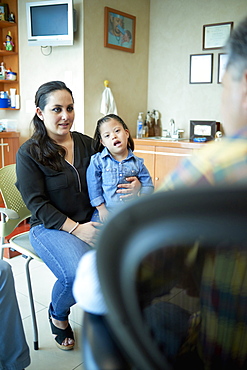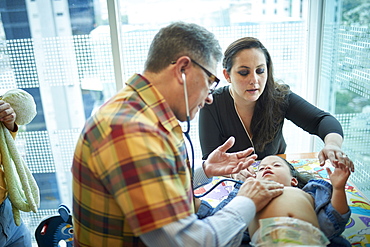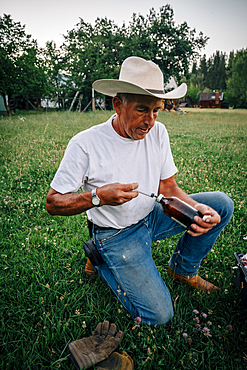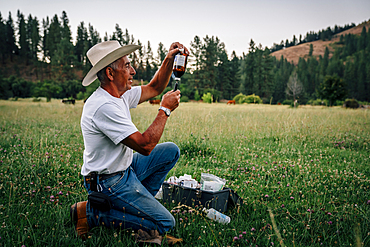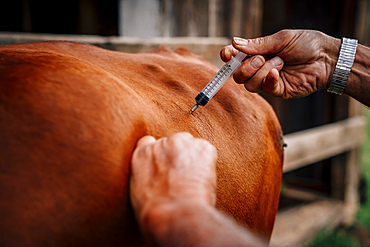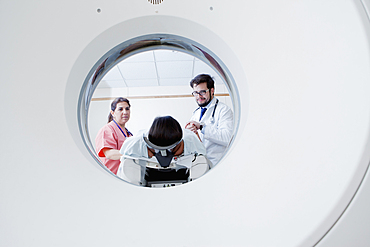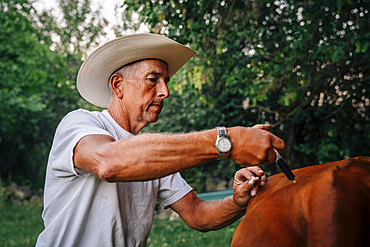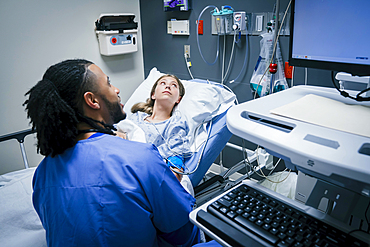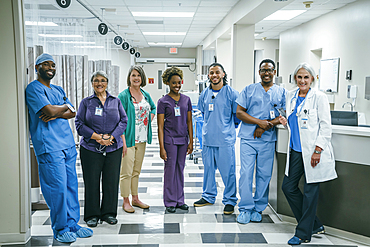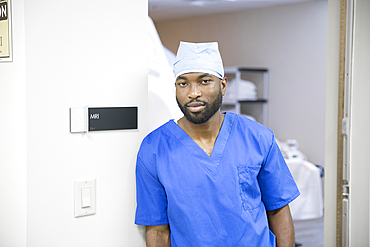Results
5 results found
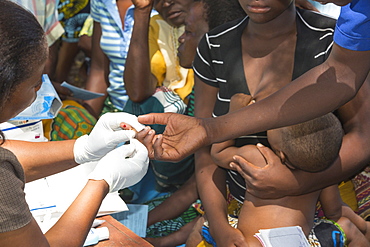
In mid January 2015, a three day period of excessive rain brought unprecedented floods to the small poor African country of Malawi. It displaced nearly quarter of a million people, devastated 64,000 hectares of land, and killed several hundred people. This shot shows A Medicin Sans Frontieres clinic in Makhanga testing local people for malaria, many of whom proved positive for the disease, as a result of the drying up flood waters providing ideal breeding grounds for mosquitoes.
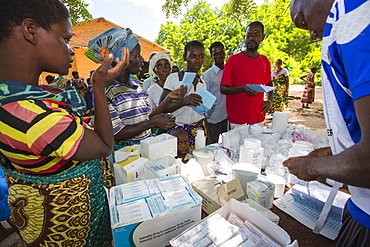
January 2015 saw a three day period of excessive rain which brought unprecedented floods to the small poor African country of Malawi. It displaced nearly quarter of a million people, devastated 64,000 hectares of land, and killed several hundred people. This shot shows A Medicin Sans Frontieres clinic in Makhanga providing Malaria treatment drugs to local people, many of whom now have malaria, as a result of the drying up flood waters providing ideal breeding grounds for mosquitoes.
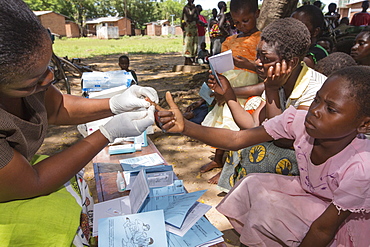
January 2015 saw a three day period of excessive rain which brought unprecedented floods to the small poor African country of Malawi. It displaced nearly quarter of a million people, devastated 64,000 hectares of land, and killed several hundred people. This shot shows A Medicin Sans Frontieres clinic in Makhanga testing local people, many of whom now have malaria, as a result of the drying up flood waters providing ideal breeding grounds for mosquitoes.
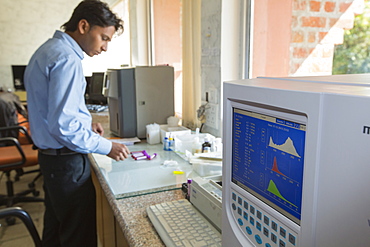
The Muni Seva Ashram in Goraj, near Vadodara, India, is a tranquil haven of humanitarian care. The Ashram is hugely sustainable, next year it will be completely carbon neutral. Its first solar panels were installed in 1984, long before climate change was on anyones agenda. Their energy is provided from solar panels, and wood grown on the estate. Waste food and animal manure is turned inot biogas to run the estates cars and also used for cooking. Solar cookers are also used, and the air conditioning for the hospital is solar run. 70 % of the food used is grown on the estate. They provide an orphanage, schools for all ages, vocational training, care for the elderly, a specialist cancer hospital withstate of the art machinary, and even have a solar crematorium. This shot shows a Hematology Analyzer for analyzing blood in one of the labs in the specialist cancer hospital.
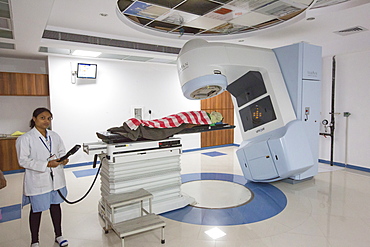
The Muni Seva Ashram in Goraj, near Vadodara, India, is a tranquil haven of humanitarian care. The Ashram is hugely sustainable, next year it will be completely carbon neutral. Its first solar panels were installed in 1984, long before climate change was on anyones agenda. Their energy is provided from solar panels, and wood grown on the estate. Waste food and animal manure is turned inot biogas to run the estates cars and also used for cooking. Solar cookers are also used, and the air conditioning for the hospital is solar run. 70 % of the food used is grown on the estate. They provide an orphanage, schools for all ages, vocational training, care for the elderly, a specialist cancer hospital withstate of the art machinary, and even have a solar crematorium. This shot shows a Varian nuclear proton therapy machine in the specialist cancer hospital.
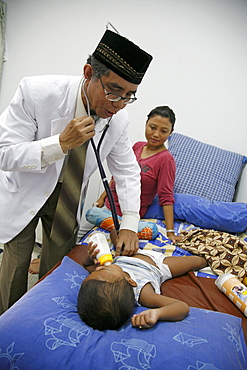
Indonesia the childrens hospital, built by crs, banda aceh, aceh. dr. nurbafri n. yabya, pediatrician. 2 years after the tsunami
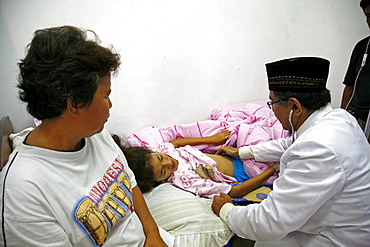
Indonesia the childrens hospital, built by crs, banda aceh, aceh. dr. nurbafri n. yabya, pediatrician. 2 years after the tsunami
